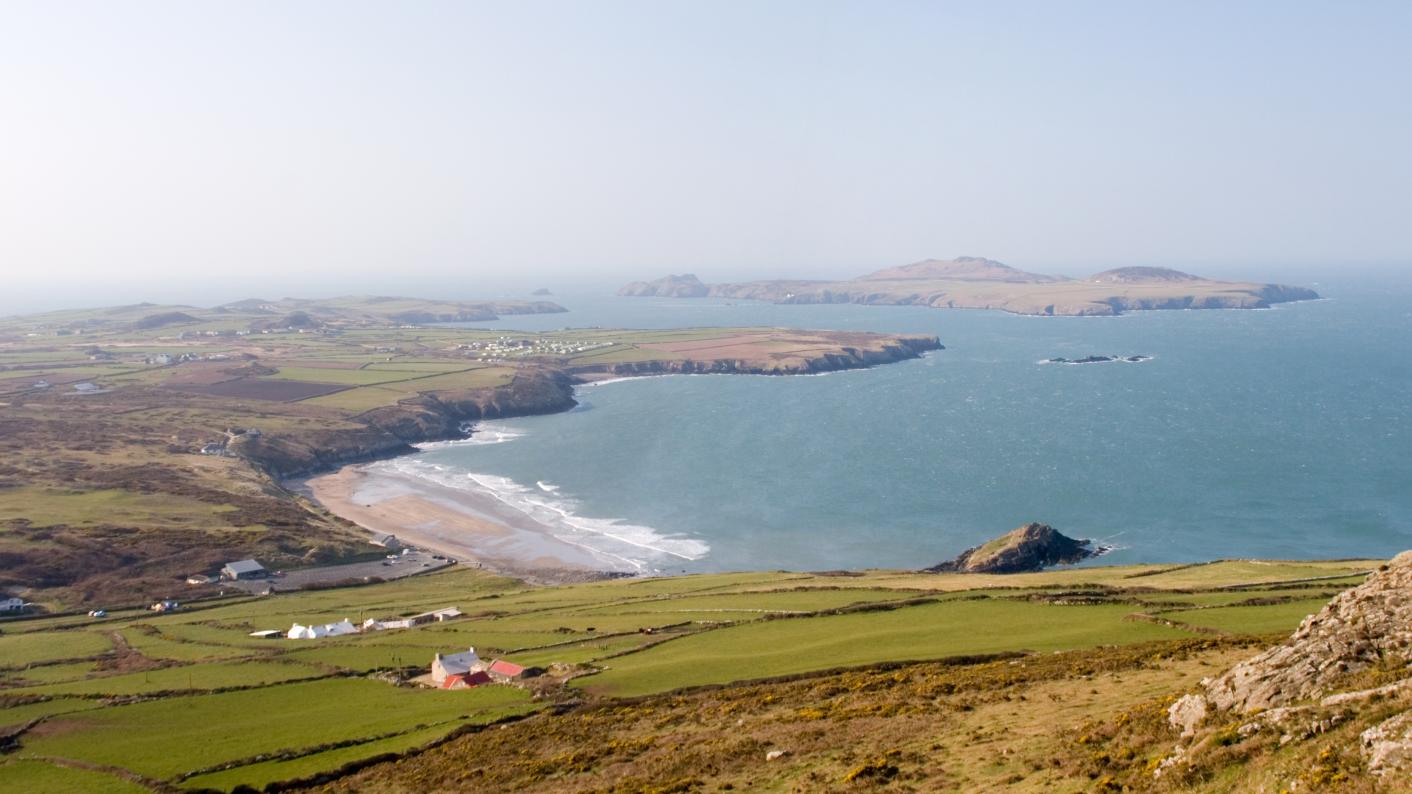Away from the traditional British tourist trail that leads holidaymakers to the sandy beaches of Cornwall or the scenic peaks of the Lake District, West Wales boasts miles of unspoilt coastline and outdoor opportunity that remains something of a secret.
And with a strong sense of heritage and a new, progressive curriculum on the way, it’s easy to see why teachers would choose this corner of the country when planning their careers.
David Haynes, headteacher at Ysgol Penrhyn Dewi the St Davids Peninsular All Age School in Pembrokeshire, has been teaching in West Wales for nearly 30 years and knows the area better than most.
“I was given my PGCE from Swansea University in 1991 before taking my first job as a geography teacher in Milford Haven on the Pembroke Peninsular,” he says. “When I arrived, the town was hosting the Tall Ships race, so it was full of people. It made for an exciting introduction to the area.”
After moving to Fishguard to become head of geography, and spending 13 years on the north side of the peninsular, Haynes made his third and most recent move, to settle in St Davids.
It’s the birthplace of Wales’ patron saint and the country’s westernmost point, looking out towards Ireland. The town is home to St Davids Cathedral, the national shrine of Wales, and has been a destination for Christian pilgrims for centuries.
After Haynes arrived at St Davids, the school quickly amalgamated with two local primary schools, becoming the first 3-16 church school in Wales.
“The children have close links with the local cathedral and students from this school have sung in the choir since the 12th century,” he says. “Each year we hold a Christmas carol concert in the nave, which is one of the highlights of the year.”
Breathtaking coastline
As well as the heritage attached to the town, the Pembroke peninsular has plenty of outdoor attractions.
“I’ve spent my life living and working in West Wales and the coastline here is some of the most beautiful in the world,” Haynes continues.
“It’s breathtaking. Marloes Sands and Barafundle Bay are wonderful, even in winter. The north side of the peninsular is much more rugged with lots of coves and dramatic cliffs.
The cliffs of West Wales are where coasteering originated and there are plenty of rock climbing spots. The area is also home to a large surfing community, including a lot of St Davids students.
“I’m 50, so my surfing and kayaking days are largely behind me,” Haynes says. “But I have two dogs and I enjoy walking with them and my wife on the beaches, and in the nearby Preseli Hills. Stone from these hills was used to build Stonehenge, although we’ve still no idea how they got there.”
Heritage and history in the classroom
Local heritage and the natural environment are key to the ethos of St Davids, as the school aims to link students to the town’s history and their physical surroundings.
“The children are currently involved in a Celtic Connections project, in which they’re working with a school in Ireland to produce a short film about the ancient links between the two places,” he says.
“Using the outdoors is something we’re also trying to do more as a school. A colleague and I recently visited a school in Sweden, where so much learning takes place outside.
“We have held a recent rewards trips at Whitesands Beach, which is close by, so we have walked the entire school down to the beach. There’s no mobile signal, which is lovely for young people. Once we’re there the local RNLI put on activities for the students like bodyboarding and surfing.”
Tradition and transformation
In addition to recognising the importance of the old, the area is looking to the future, with the introduction of the new Curriculum for Wales 2022.
Pupil wellbeing is one of the four pillars of the new programme, and the students at St Davids seem to be ahead of the game.
“We’ve been developing mindfulness since 2014," Haynes says. "We give our pupils lessons in mindfulness and the teachers deliver an eight-week programme for the children on mindful techniques.
“At the start of every day and after every break, all the children have a ‘brain break’ where they listen to a chime and it helps their concentration. Wellbeing is so important with the stresses and strains of modern day life. It’s an important part of the new curriculum and it’s embedded in the school.”
David Haynes is headteacher as Ysgol Penrhyn Dewi/St Davids 3-16 Church in Wales School, St Davids, Pembrokeshire

